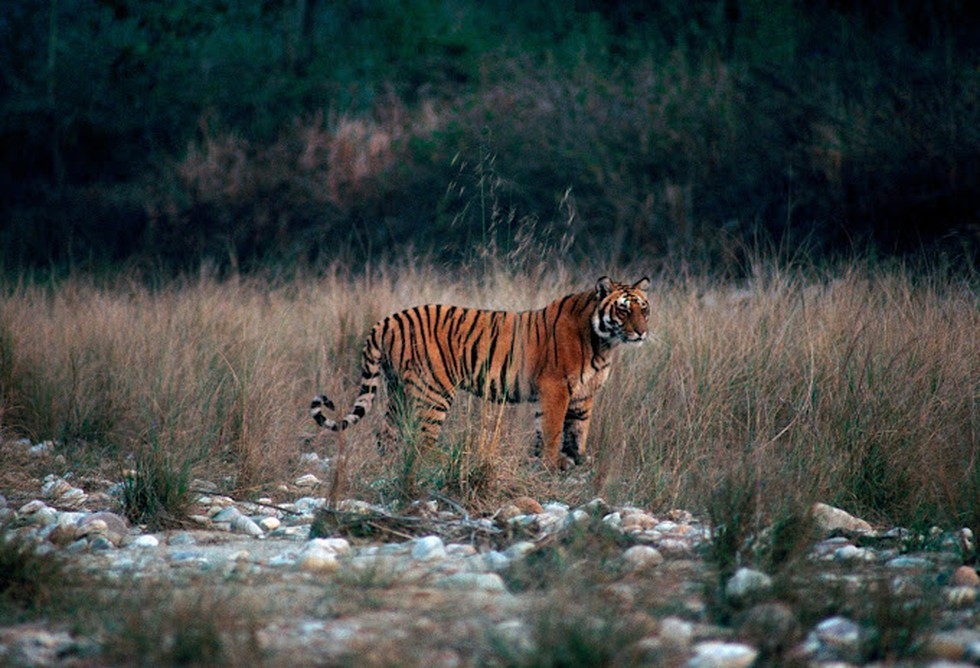
Corbett Tiger Reserve

22.03.2025
Corbett Tiger Reserve
|
For Prelims: About Corbett Tiger Reserve |
Why in the news?
The Supreme Court recently pulled up the Uttarakhand government for moving at a "snail's pace" against its senior officers accused of illegal constructions in Corbett Tiger Reserve.
About Corbett Tiger Reserve:
- It is located on the foothills of the Himalayas in Uttarakhand.
Establishment of the Reserve:
-
- Corbett was the first national park of India, established in 1936. It was named Hailey National Park then.
- In 1957, the park was rechristened Corbett National Park in memory of the late Jim Corbett, a great naturalist and eminent conservationist.
- After the addition of areas to the originally declared National Park, the total area of Tiger Reserve extends to 1288.31 sq. km.
- The terrain is undulating with several valleys. The rivers Ramganga, Pallaen, and Sonanadi flow through the valleys.
- By and large, the reserve is spread over the Bhabar and lower Shivalik regions with a deep-water table.
- The tract is porous with boulders and sand deposits.
Flora of the tiger reserve:
-
- In general, the vegetation comprises sal and mixed forests, interspersed with grass lands and riparian vegetation.
- The grasslands are locally known as ‘Chaur’, which are an outcome of abandoned settlements or past clearings.
- Evergreen Sal and its combined trees, the Sheesham, and the Kanju are found extensively on the ridges.
- One plant, (actually a weed), which is a major irritant to the reserve authorities and is widespread in the jungle, is the Lantana.
- Fauna: Tigers and elephants are the charismatic mammals, besides a large array of co-predators (leopards, small carnivores), ungulates (sambar, hog deer, spotted deer), birds, reptiles (gharials, crocodile), and fishes.
Source: Business Standard
Consider the following statements regarding Corbett Tiger Reserve:
1. It is located on the foothills of the Himalayas in Himachal Pradesh.
2. Corbett is the first national park of India.
Which of the statements given above is/are correct?
A.1 only
B.2 only
C.Both 1 and 2
D.Neither 1 nor 2
Answer B